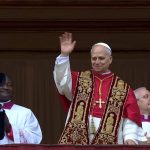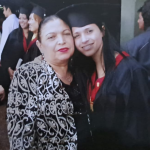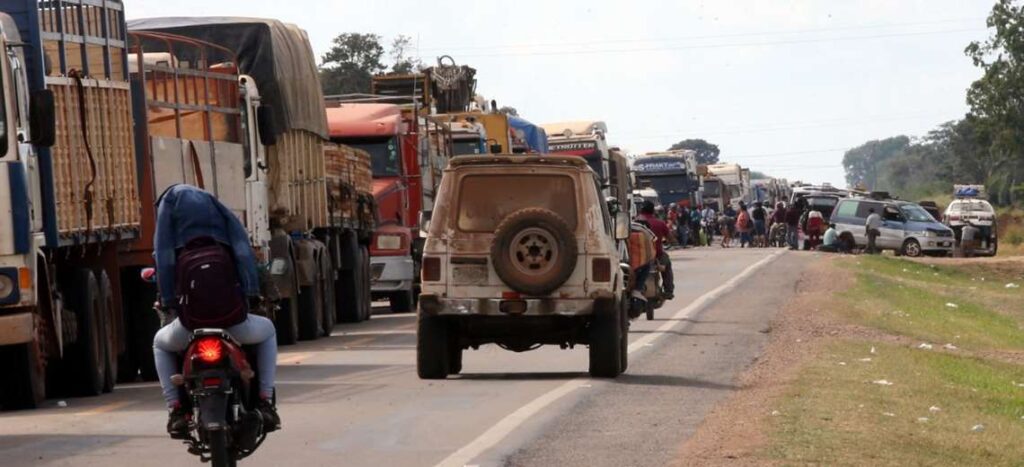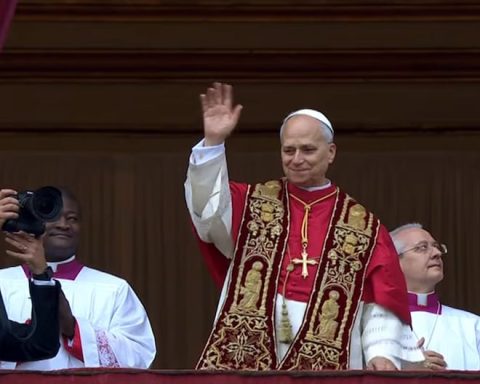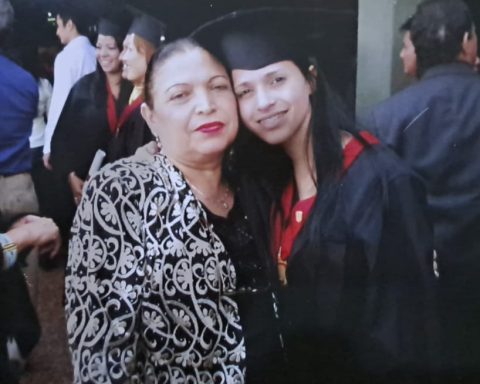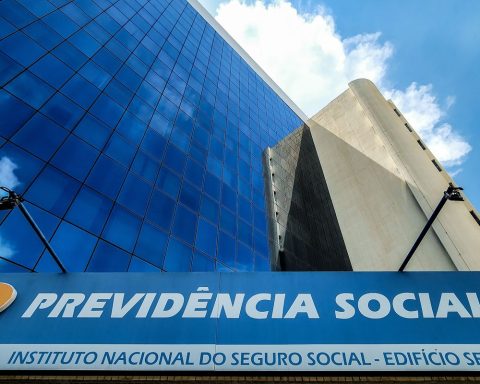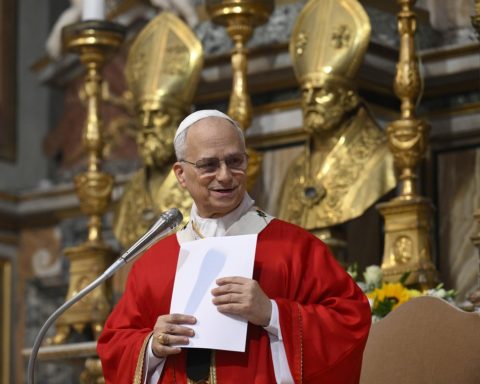In the search for the installation of a story that allows the Government project to make sense of it, in the midst of obvious problems in consolidating its own agenda and errors in political coordination, President Gabriel Boric will face this Wednesday, June 1, an important challenge, after its first 80 days of management. It is about the Public Account that the President will carry out in the National Congress, in Valparaíso, and that is –according to the vision of various actors– an opportunity to create a discourse aligned with the construction of a great consensus that operationalizes agreements and confronts issues that , evidently, cross the contingency, such as public security, violence in the Mapuche conflict zone and the inflationary crisis.
It is also an occasion in which, probably, the Head of State will value the work carried out by the Constitutional Convention and will call for citizens to be informed and read the draft of the new Constitution, prior to the Exit Plebiscite of the next September 4, in the midst of the controversy over the approval of the two-thirds quorum for the constitutional reforms until 2026. A sign of support that, in any case, would be consistent with the speech of a Government that has publicly opted for the I approve option, and for a process that had the former deputy Gabriel Boric as one of the political figures who led the “Agreement for Social Peace” of November 15, 2019.
In this sense, the political analyst and director of the School of Government and Communications of the Central University, Marco Moreno, pointed out that, “rather than focusing on the scant results, emphasis must be placed on the process, on how the Executive has managed his government project in these early days, and regarding what could be proposed, and what are the strategic guidelines that could be proposed regarding what is coming forward”. In this sense, he added: “It is important to get away from short-termism and try to move in the logic of the strategic, that is, showing where the Government wants to go and what issues it wants to develop. I am referring to an Executive that shows a vision long-term, with a government project, that has an agenda where problems are identified. That is what I would expect about what the President could do in this Public Account, because he does not have much to show in terms of results, where the process has been complex and, therefore, what one would rather expect is a kind of story, with an important symbolic component, regarding what is coming forward”, stated Moreno.
Analysts agree that this Wednesday’s speech should bet on the construction of great consensus for the resolution of complex issues, such as the relationship with the native peoples, especially the existing conflict in La Araucanía and in the rest of the southern zone; an agreement on a new fiscal pact that will give rise to a tax reform; an agreement on a new pension system; and an agreement on how to carry out a new Constitution, in the event that it is approved. Deals that, for Marco Moreno, should follow a logic of “social concertation”, which brings together the different sectors, their representatives and social actors, who jointly define public policies aimed at resolving these issues that currently generate division, and that refer to the process convened in the early 1990s by the government of former President Patricio Aylwin, when together with workers, businessmen and various social actors they reached an agreement –under this logic– to solve the problem of poverty that had been dragging on since the dictatorship.
For the analyst, psychologist and columnist of The counter, Germán Silva Cuadra, it is a speech whose main objective is to set an agenda, which until now has been installed from outside, and in the face of which he believes that the Government must appropriate this agenda, make it its own and project it, with the intention of being in control, which –in his opinion– for now is difficult to project. “What I think is going to be very important is the tone of his speech and his account. And in that aspect, I have the impression that Boric has made a very important turn in the last month, a turn around empowering himself, where he has positioned himself as the one who imposes the guidelines in the Government, such as in the State of Exception, where he wanted to give the impression that he is the one who imposes the terms and no party pressures him. I think it will be fundamentally a call for unity, a broad call, rescuing a bit the style of his campaign, with a closer figure, connecting with people and with a role associated with a state view that goes above the coalitions”, stated Silva Cuadra.
The ruling party and its expectations
Regarding the scant results that the Government has been able to exhibit in this, its first stage in La Moneda, the President will probably refer to two specific advances: the enactment of the law that readjusts the minimum wage to 400,000 pesos – the highest in 29 years – and that also considers the delivery of subsidies for SMEs; and the signing of Chile’s accession to the Escazú Agreement, which is the first and most important environmental treaty in Latin America and the Caribbean. This last point could be relieved in symbolic terms, taking into account that, since the presidential campaign, they proclaimed themselves the first ecological government in national history, a slogan that obviously brings with it enormous challenges for the future.
In general terms, the ruling party hopes that the Public Account will be a call to reconstitute social fabrics and restore citizen coexistence, in the midst of an environment of violence and insecurity in different areas of the country. But, beyond the contingency, in I Approve Dignity they bet that President Boric will pronounce himself clearly or set a deadline for the end of the AFPs and give an account of the beginning of the pension reform, another of his great campaign promises . Also, inside the government coalition they hope that the President will refer to the royalties to the mining, forestry and salmon industry, because –they say– they cannot seek territorial justice without the necessary resources. Finally, they hope that concrete announcements will be made about the tax reform, where there are several measures and bills that depend on how much is collected in the fiscal coffers.
The vice president of the Social Green Regionalist Federation (FRVS), Flavia Torrealba, considers that “in politics, everything is decisive and everything is very important, therefore, a Public Account almost three months after starting the mandate, it seems to me that It is important because it is the first and it can mark or define the course of what his administration is going to be, but it will inevitably go through the constituent process and, therefore, no matter how much the President gives an account of his first months of management, and can project in some way what the future of his Government is going to be like this year, in the middle is the constituent process. So, it doesn’t seem to me that what could happen is anything so decisive, but I do believe that the campaign commitments and the commitments of the government program should be reaffirmed. That is why the end of the AFPs is so important to us, the royalties miner and the royalties that correspond to the entire productive system that is going to give territorial justice and decentralization to the country, and advance on the issue of a green, circular economy and ecological government, which are great issues.”
From the Broad Front, one of the bases of Approve Dignidad, the coalition that supports President Boric’s political floor in La Moneda, they consider it essential that the Executive maintain a winning spirit, despite the negativism in some sectors of the ruling party and the problems that afflict the country, related above all to issues of violence and social security. For the same reason, they urge that the Public Account should not neglect what they consider an “ethic” of a Government that was elected by a society that pushed for changes in the way of doing politics and necessary transformations, “so that Chile would grow in dignity and in rights”.
The “suggestions” of the opposition
From the parties that do not make up the official coalition, there is agreement in the diagnosis that the Government has had a hard time carrying out its own agenda and the implementation of its program. The president of the Christian Democracy (DC) and mayor of La Granja, Felipe Delpin, believes that there has been improvisation and, in some cases, the lack of experience has been too noticeable. In this aspect, the communal chief considers that it is essential that the Executive summon actors who know how to govern and who have previously been in the State, whether they are close to the New Majority or the former Coalition. In his opinion, if they want to advance, it is inevitable that they will have to improve their government teams.
As for the unavoidable issues that the President should mention in his speech this Wednesday, the DC helmsman pointed out that “we expect many announcements, but we would say that the most relevant for us at this time are related to four essential points: support for family, at this moment in which we live in an inflationary era that has generated poverty; call for a great agreement for peace and non-violence, to improve security; the tax reform, to generate resources that allow the State to have enough money to be able to implement the social programs that he proposed in his Government program; and, finally, the reform of the pension system”.
From the right, inside Chile Vamos there is pessimism about a Public Account that is inserted in a context marked by the difficulties that the Executive has had to settle and govern during these first months, which is due –in his opinion– to improvisation, the lack of coordination and the errors of their own ministers, mainly those with greater media prominence, such as the Minister of the Interior, Izkia Siches, and the Minister of the Segpres, Giorgio Jackson. In addition to this, they believe that another of the difficulties that he has had to face in his first stage of administration is the legislative drought, where the Government has presented very few bills, which is due – in his opinion – to the fact that a little paralyzed by the constituent process, where it would be sought to avoid the installation of laws that later are not consistent with what the Executive projects that the new Constitution will be.
Regarding the expectations of this Wednesday’s speech in the National Congress, the president of Evópoli, Luz Poblete, believes that “the first priority, because it is the main priority of the citizens, is that it can give certainties and present a solid plan of security, providing protection against the violent events that we have seen not only in the Southern Macrozone, but also in urban areas. Secondly, it is about certainties and economic stability, where the cost of living, as a result of inflation and other internal and external factors, has directly affected the pockets of Chilean families, and I believe that citizens have also is waiting for a response and concrete measures so that this situation can be contained. And the third aspect is related to constitutional certainty and has to do with the eventuality that the Rejection may win, a context in which the President should propose an exit that does not give us a constitutional slam, but rather should open the possibility of, in that scenario, to be able to continue the process towards a new Constitution”, he maintains.







